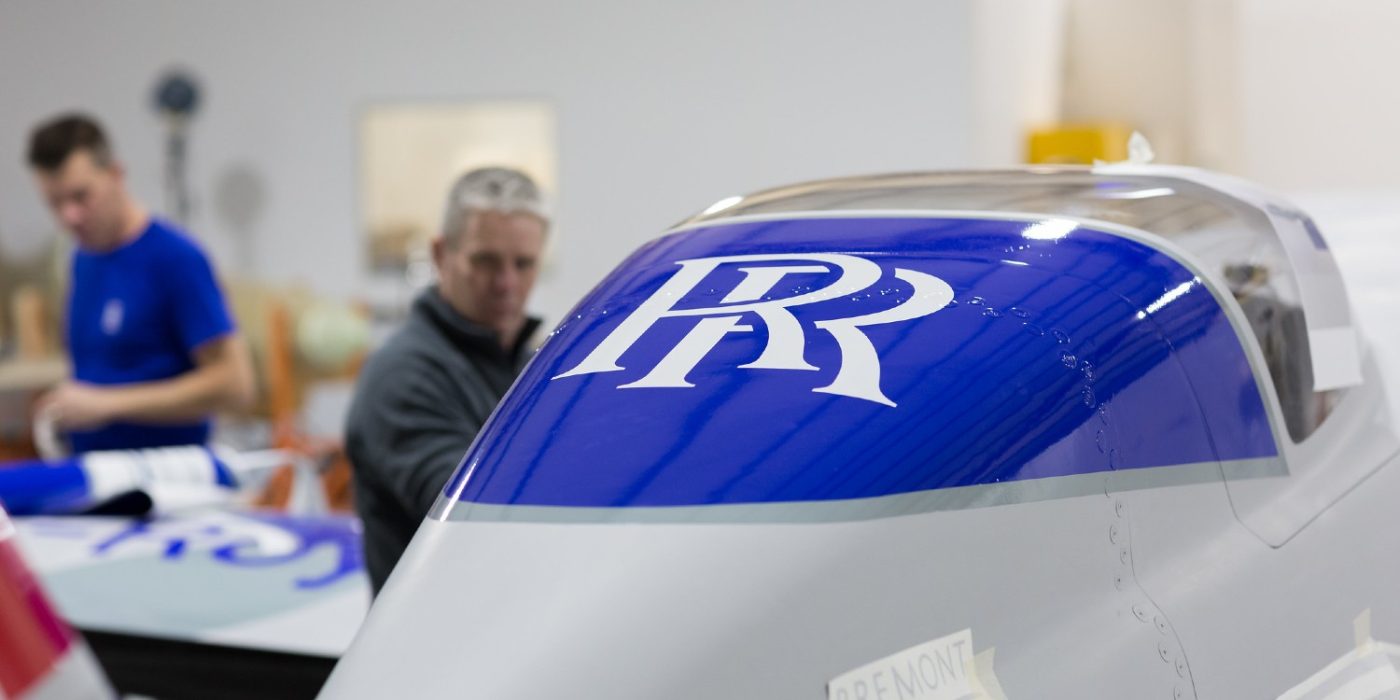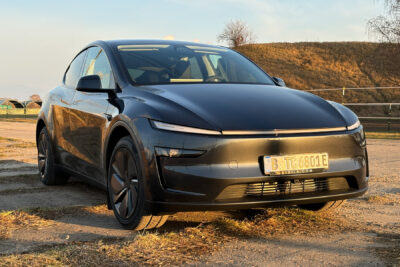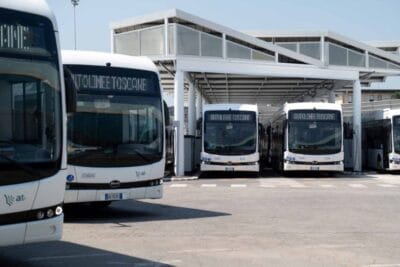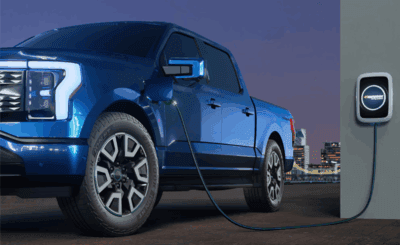Rolls-Royce aims to sell off electric aircraft business
Rolls-Royce is streamlining its business in aircraft engines and dropping purely electric aircraft, which covers small aircraft. CEO Tufan Erginbilgic, a former BP executive, said Rolls-Royce needed to make “choices on resource allocation” and that the unit would offer “better value to a third party.” While Rolls-Royce’s automotive division belongs to BMW, an independent part of the company specializes in the construction of aircraft and marine engines.
Erginbilgic also told journalists in a press call, “I don’t believe in the next 15, 20 years hydrogen will play a role,” although the company will continue working on hydrogen technology” with EasyJet. He said he believes sustainable aviation fuel, or SAF, will be the sole pathway “to achieve net zero climate targets.”
The statement caused perhaps a little back-pedalling in the ranks because Rolls-Royce released a statement separate from the CEO’s comments following the call, saying it remains “committed to developing our hydrogen capability in partnership with EasyJet,” adding that it has “ambitions to take this technology to flight test in the long term.”
While it is no news that SAF is currently considered by industry experts to be the only realistic option for aircraft covering distances greater than 2000 km – read intercontinental and international flights – SAF is not only made from organic substances, much like bio-fuels, which faces considerable restrictions on availability, but also synthetic fuels, which is largely considered dependent on the production of green hydrogen. For even longer flights, hydrogen combustion is so far the only lower-emission technology capable of propelling large aircraft between continents.
With the brusque statements made by the CEO and confirming statements afterwards that hydrogen fuel cell (electric) aircraft will still be pursued, the CEO focused statements on profitability in the immediate term, saying he would tackle Rolls Royce’s inefficiencies by focusing on the widebody plane sector in civil aviation, which represents the company’s largest profits. These profit margins are to be pumped up from 2.5 per cent last year to 15-17 per cent in the immediate term.
“We are setting compelling and achievable financial targets for the mid-term, which will take Rolls-Royce significantly beyond any previous financial performance,” Erginbilgic claims.
Financial strain hampered Rolls-Royce in the period preceding this year with the combination of problems with its Trent 1000 engine and the pandemic. When long-haul aircraft were grounded over the lock-down periods, this wiped out revenue tied to engine flying hours.
The era of purely electric aircraft at Rolls-Royce has seen the company aim for the fastest electric aircraft in collaboration with ACCEL, which made its maiden flight in 2021. The British aircraft engine giant teamed up with aircraft designer Tecnam to provide Norwegian regional airline Widerøe with an all-electric passenger aircraft by 2026 – aircraft designer Tecnam withdrew from the project in the middle of this year, citing issues in battery development. In 2021, Rolls-Royce invested in British eVTOL start-up Vertical Aerospace, working on electric aerial taxis. Last year, Rolls-Royce launched an air mobility cooperation with Hyundai to collaborate on all-electric propulsion and hydrogen fuel cell technology in aviation, signing a letter of intent to deliver low-emission solutions to the Urban Air Mobility (UAM) and Regional Air Mobility (RAM) markets. It remains to be seen if this will continue with Rolls-Royce.





1 Comment